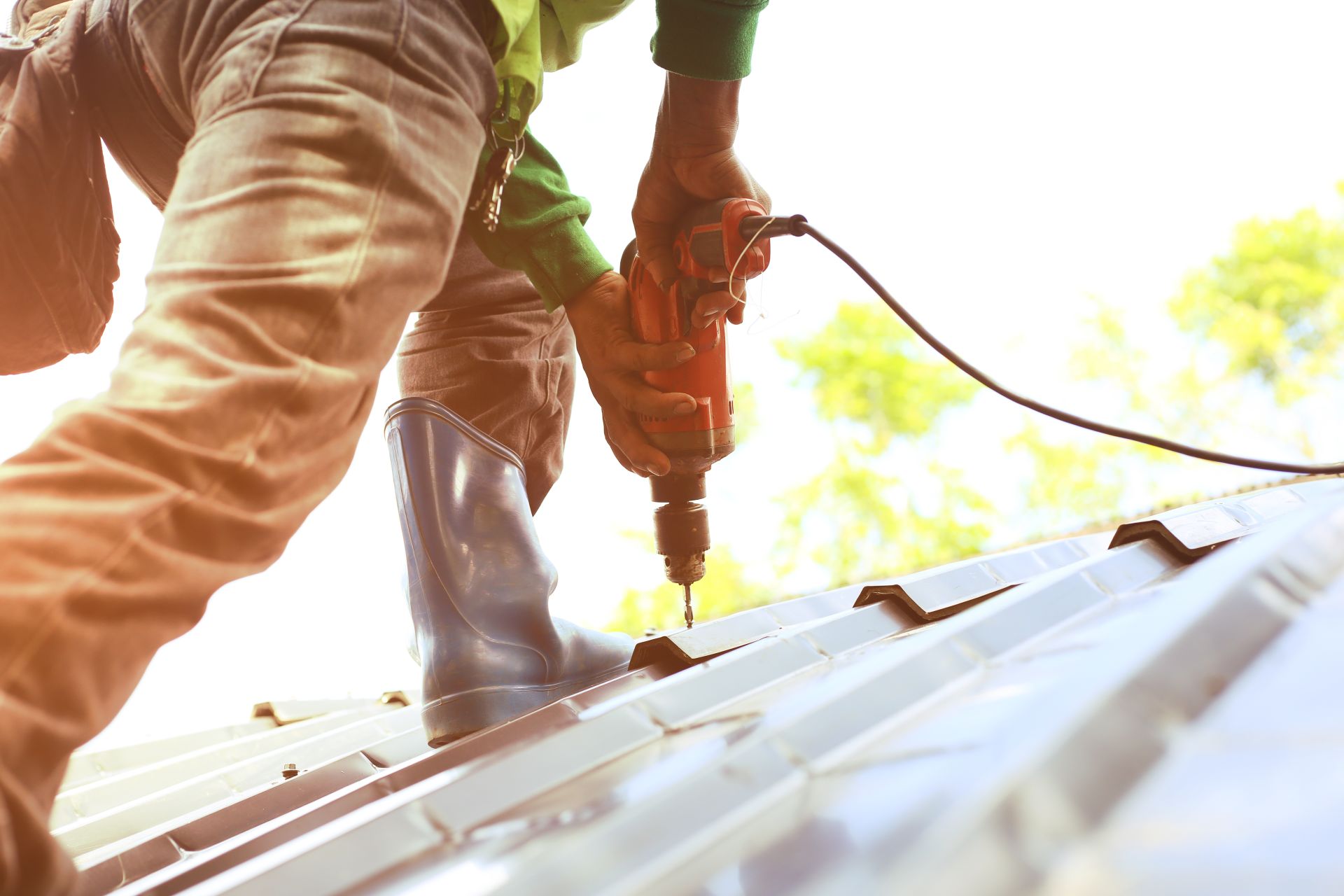Commercial roofing in New Jersey is governed by a set of building codes designed to ensure safety, structural integrity, and adherence to quality standards. Understanding these codes is essential for anyone involved in the construction or maintenance of commercial properties in the state with https://sixbrotherscontractors.com/commercial-roofing-nj/.
1. Importance of Building Codes in Roofing
- Safety
Building codes exist primarily to protect occupants and workers. Roofing structures must meet safety standards to prevent accidents, such as collapses or falls.
- Structural Integrity
Adherence to building codes ensures that roofs can withstand various environmental stressors, including wind, rain, and snow. This structural resilience prolongs the lifespan of the roof and the building itself https://sixbrotherscontractors.com/commercial-roofing-nj/.
2. Overview of Basic Building Codes for Commercial Roofing in NJ

- Material Standards
Commercial roofing materials must meet specific quality standards to ensure durability and performance. Common materials include asphalt, metal, and single-ply membranes, each with its own set of installation requirements.
- Installation Guidelines
Proper installation is crucial for the effectiveness of a commercial roof. Building codes outline detailed guidelines for installation techniques, including fastening methods, flashing details, and sealing requirements.
3. Specific Building Codes in NJ
- Wind Resistance Requirements
Given New Jersey’s susceptibility to strong winds, building codes mandate certain wind resistance measures. These may include minimum fastening requirements and wind uplift ratings for roofing materials.
- Fire Safety Regulations
To mitigate the risk of fire-related incidents, commercial roofing systems must comply with fire safety regulations. This often involves using fire-resistant materials and implementing adequate fire barriers.
- Insulation Standards
Insulation plays a vital role in energy efficiency and occupant comfort. Building codes in NJ prescribe minimum insulation R-values to reduce heat transfer and maintain interior temperature control.
4. Consequences of Non-Compliance
Failure to adhere to building codes can result in serious consequences, including fines, legal liabilities, and structural failures. Non-compliant roofs may also void warranties and insurance coverage, exposing property owners to financial risks.
Understanding the basic building codes for commercial roofing in NJ is essential for ensuring the safety, durability, and compliance of roofing structures. By following these codes diligently, property owners and contractors can uphold high standards of quality and protect their investment in their commercial properties.

